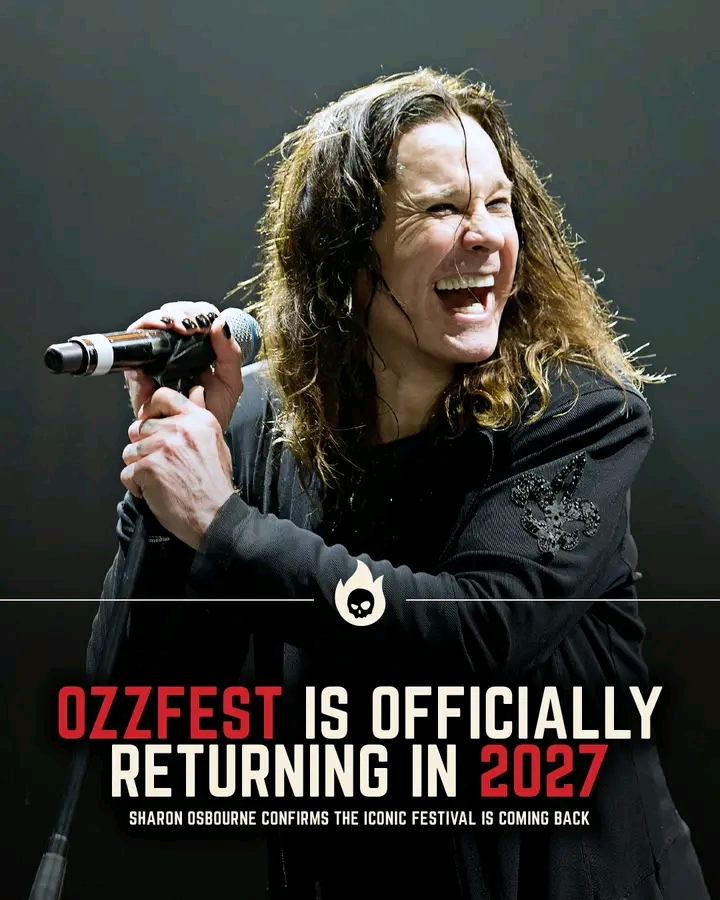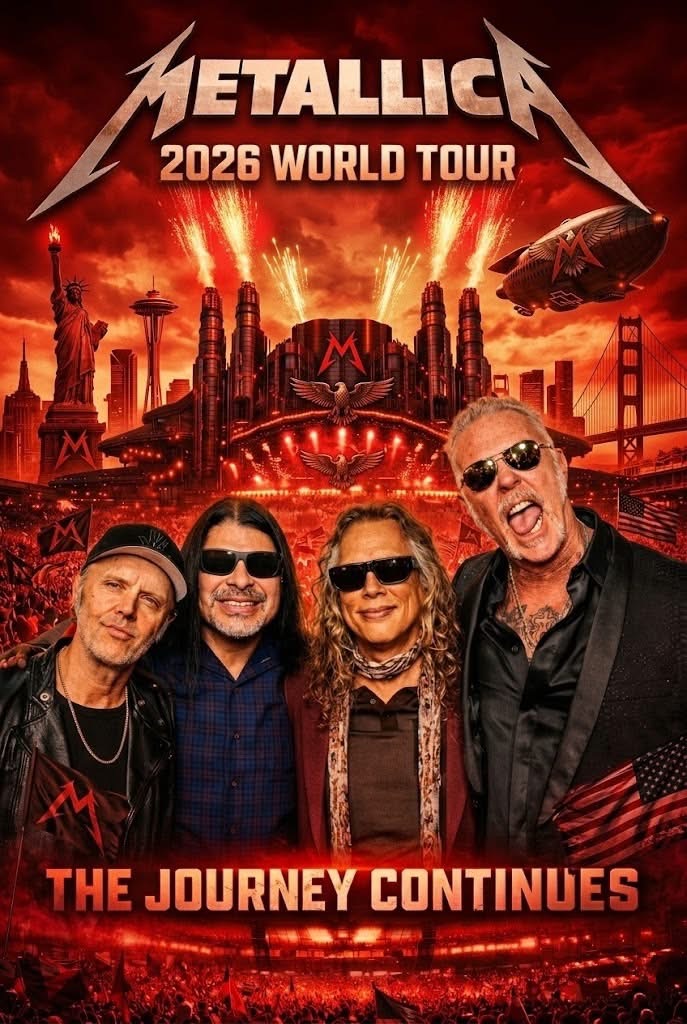The end of a legend marks more than the closing of a career—it echoes the end of an era. Ozzy Osbourne, famously known as the “Prince of Darkness,” leaves behind a legacy that transcends music. Rising to fame as the frontman of Black Sabbath, Ozzy helped forge the very foundations of heavy metal. Albums like *Paranoid* (1970), *Master of Reality* (1971), and *Sabbath Bloody Sabbath* (1973) redefined what rock could be: heavier, darker, and more daring. With his unmistakable voice and raw intensity, Ozzy became the face of a musical revolution.
After parting ways with Sabbath, many predicted a fade into obscurity—but Ozzy did the opposite. His solo debut, *Blizzard of Ozz* (1980), became an instant classic, with tracks like “Crazy Train” propelling him to even greater fame. Alongside brilliant guitarists like Randy Rhoads and later Zakk Wylde, he crafted a solo legacy that rivaled his work with Sabbath.
Despite the gothic persona, bat-biting headlines, and infamous stage antics, Ozzy was always more than a spectacle. Off-stage, he was grounded by his family, quick with a joke, and deeply self-aware. His quote, “I’m not the Prince of Darkness, I’m a family man,” says it all—he knew the line between character and reality.
Ozzy’s cultural impact is immeasurable. Through his Ozzfest tour, he introduced metal to a new generation, championed young talent, and reminded the world that music was meant to be loud, fearless, and fun.
From metal god to reality TV star, from troubled youth to elder statesman of rock, Ozzy lived it all with unapologetic honesty. He didn’t just shape a genre—he *was* the genre. As the curtain falls, the echo of his voice remains, reminding us that legends never tr
uly die.










